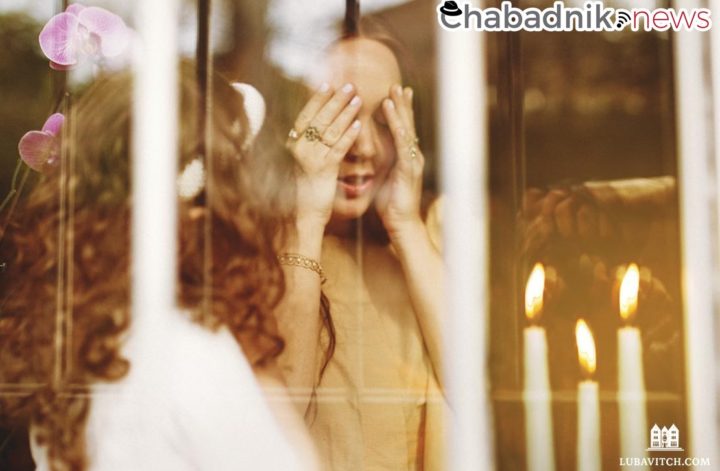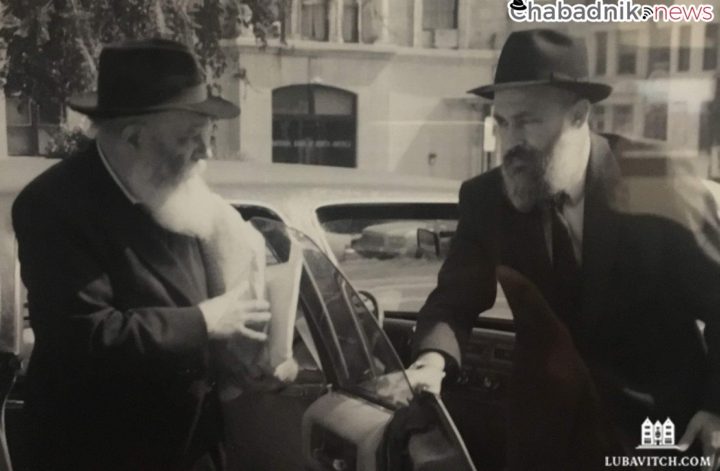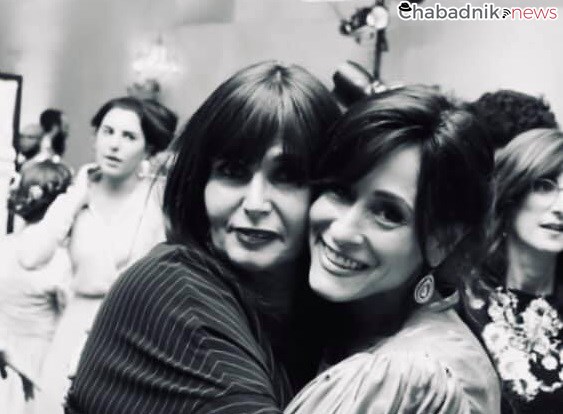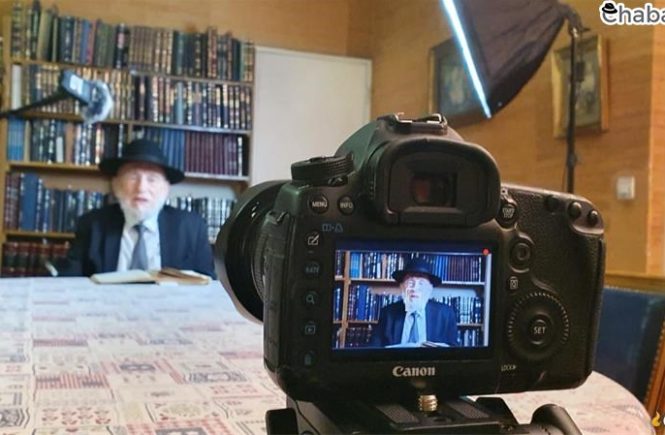
One of my good friends has been a teacher most of her life. I savor the common sense observations that roll off her tongue, deliciously pointing to the obvious that is often not obvious at all. “Children don’t come with a manual,” she’ll say to comfort a parent after they send a child to school on a chilly day without a sweater. Or, when one of her children repeats a mistake for the third time, she’ll ask in genuine wonder, “What were you thinking?” And then with heightened curiosity, she might ask, “Were you thinking?”
What were we thinking, I ask myself, after forty-five people lost their lives in a stampede in Meron, Israel? What were we thinking when, not long after that, the poorly constructed bleachers in a shul in Israel collapsed, killing two and injuring one hundred and fifty? When the condominium towers in Surfside collapsed because of structural fatigue, the question was deafening: Were we thinking?
The frenetic pace of life as we know it doesn’t leave much time for thinking. We rush from one thing to the next working ourselves up to the point of exhaustion, and when, finally, we choose to pause — or are forced to stop — we don’t know what to do with ourselves. The obvious isn’t obvious, so we buy self-help manuals that teach us how to breathe and how to think.
But there is another way. There’s a Jewish way of living that reminds us to get off the treadmill every seventh day, and summons us somewhere else entirely — into another zone. In this zone called Shabbos (also Shabbes, Shabbat, the Sabbath), we become attuned not only to obvious realities, but also to less apparent, inexplicable ones. We see into another dimension. We hear the beating heart of spiritual life.
The year that is finally coming to a close has felt like a long, relentless Friday — lacking, incomplete, and tormented by chaos and crises. And in the hours of its waning, we are weary, depleted by moral fatigue and spiritual collapse.
The Zohar teaches that the spiritual and physical realms mirror each other. Each contains truths about the other. We might not have answers to the whys of tragic events, but neither can we dismiss them as random. We must study their reflections in mystical spaces. Shabbos gives us just such a space — one where we can elicit meaning from mystery, and seek out lessons in the events that affect us, our community, and the wider world.
***
I am reminded of an enchanting Midrash as articulated by a Chasidic master:
On Friday evening, at twilight, the demons were created (Tractate Avot Chapter 5), and they sought to rule the world, But the Divine poured forth the holiness of Shabbos, and the demons were laid to rest. Similarly, at the end of the work week, there is an incompleteness, for wholeness is lacking. And about this the Midrash says: What was the world lacking? Rest, that is to say, wholeness.
And Shabbos came and completed it.
The year that is finally coming to a close has felt like a long, relentless Friday — lacking, incomplete, and tormented by chaos and crises. Indeed, the past year was a “Friday year” — the sixth in the seven-year Sabbatical cycle. And in the hours of its waning, we are weary, depleted by moral fatigue and spiritual collapse.
But the wholeness of Shabbos is coming, and with it will come an other-worldly respite. The new year, 5782, is the Sabbatical (Shmittah) year. In the land of Israel, the fields lie fallow, and routine activity is redirected to spiritual pursuits. For Jewish people outside of Israel, the agricultural laws don’t apply, but the Shmittah year still beckons us to turn our focus to more elevated matters.
In honor of the Sabbatical year, we dedicated this issue to exploring Shabbos. We hope that what you read in these pages brings you, our readers, relief from a difficult year and spiritual uplift to carry you forward.
May the coming year of Shabbos bring healing to us all. With wishes for a good, sweet year.




